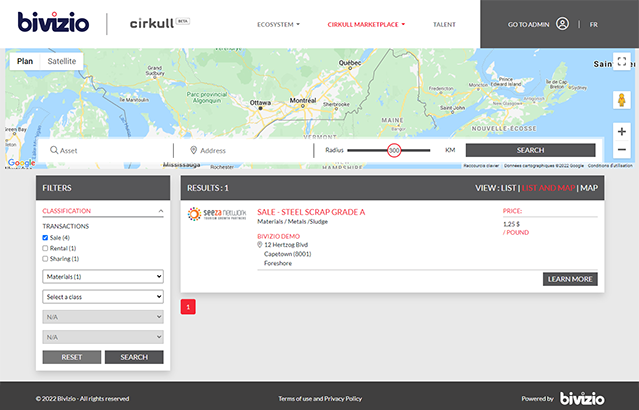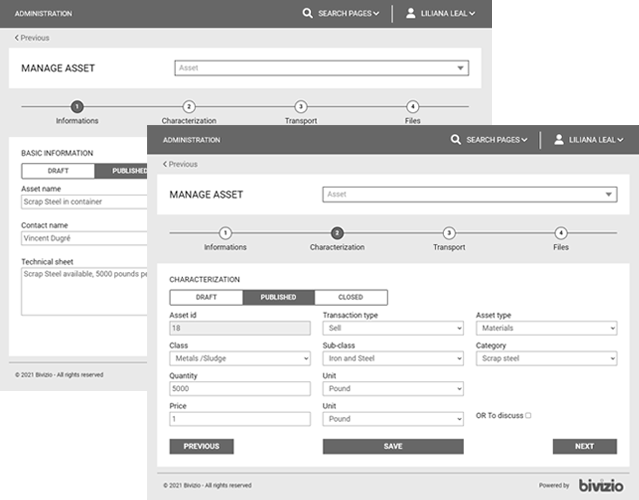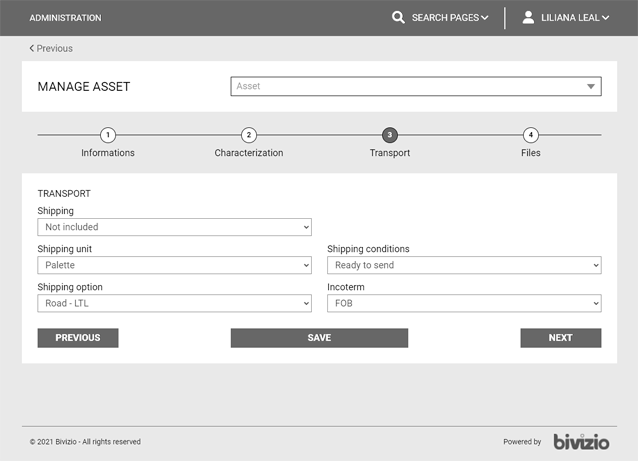
Cirkull
Circular economy, sharing and industrial synergy
In a circular economy, the value of products and materials is maintained for as long as possible. The use of waste and resources is minimized and when a product reaches the end of its life, it is reused to create value. This can bring major economic benefits, contributing to innovation, growth and job creation.
A circular economy encourages long-term sustainability and competitiveness. This approach takes on its full meaning by setting up a supra-market which will connect different ecosystems together in order to facilitate the circulation of resources.
Types of actions supported by Cirkull
- Reduce food waste by publishing your excess volumes.
- Issue transport requirements, present empty return corridors and LTL shipments.
- Make a production output available for a new diversification opportunity.
- Share space, equipment and human resources.
- Communicate challenges, training needs or seek potential partners for a specific collaboration.
- Sell real estate without commission or facilitate the rental of office and storage space.
- Communicate opportunities for purchasing groups and co-logistics to members.
- Implement inter-company synergies.
- Propose projects and activities to your network.
- Take advantage of the collaboration space to advertise trainings, webinars and working group activities.
Trade and share your assets
Sell, share, and trade assets, collaborate on projects, and solve strategic challenges.

Assets search
- Type of transactions
- Type of assets
- Classes
- Categories
Type of assets
- Equipment
- Materials
- Human resources
- Logistics and distribution
- Collaboration
- Waste / Rejections
- Real estate


Logistics
- Incoterms
- Mode of transport
- Conditions of transport
- Transport unit
Questions?
Interested in discussing how our digital platform, functionalities and services can support the growth of your ecosystem?
